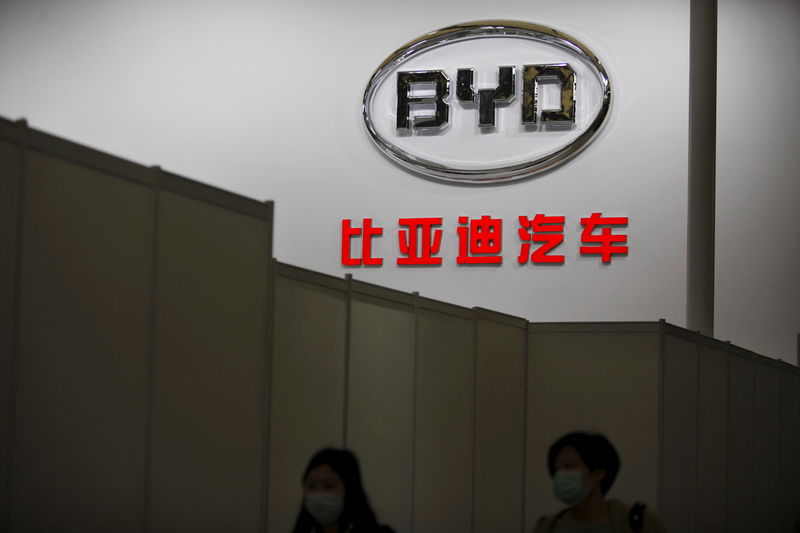According to an exclusive report from Reuters on Friday, BYD (SZ:002594), China's top automaker in terms of sales, has communicated to its joint venture partner, Megha Engineering and Infrastructures, that they will be putting on hold their intentions to invest $1 billion in constructing electric cars in India. The decision came about after their investment proposal underwent careful examination by authorities in New Delhi, as revealed by two individuals familiar with the matter.
Megha, a privately held company in India, joined with China’s BYD to submit a proposal to the Indian government in April to jointly build electric cars in the country. However, in the initial review, overseen by officials from three Indian ministries, two Indian authorities expressed security concerns surrounding the investment from the Chinese company and signaled opposition.
According to the unnamed sources, a meeting was held last week where Megha advised BYD to exercise patience and await further clarity on the situation before making a final decision to abandon the EV manufacturing plan.
BYD had anticipated that its investment proposal would be subject to political considerations due to the increased scrutiny of Chinese investments in India.
India began subjecting investment from China to closer scrutiny in 2020 amid a series of border clashes between the two countries.
To proactively address these concerns, the two sources with knowledge of BYD's planning revealed that the company had made efforts to mitigate potential issues in advance, proposing that all voice-activated commands in their cars would be available in Indian languages and that all data from the vehicles would be housed in India.
India is not the only country scrutinizing Chinese investments. Just last week, it was reported that the United States House of Representatives opened an investigation into a partnership between Ford (NYSE:F) and China’s CATL. Republican chairs of the House Ways and Means Committee and the Select Committee wrote a letter to Ford saying, "the company will be exposing itself and U.S. taxpayers to the whims of the Chinese Communist Party and its politics."
Earlier this week, GOP senators challenged a waiver that would allow companies to source EV charging materials from foreign countries without the risk of losing federal funds. Republican Senator, Marco Rubio stated that the waiver “undermines American companies and allows foreign competitors, notably China, to gain influence over our energy infrastructure."
